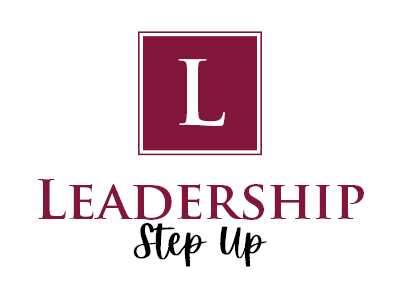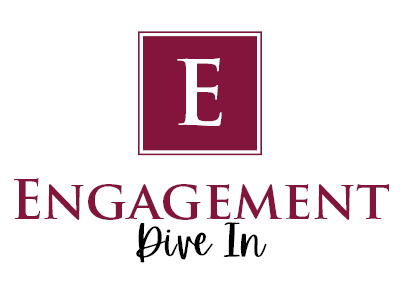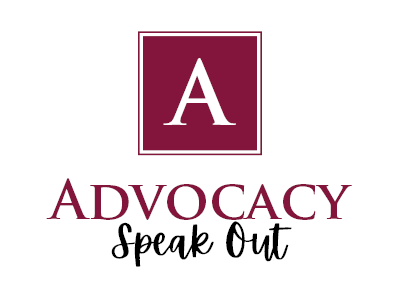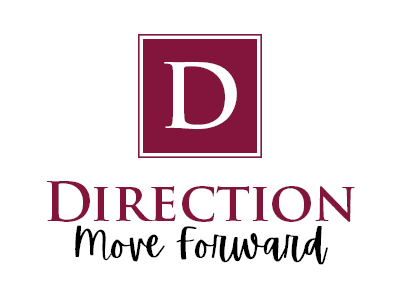Leadership. Engagement. Advocacy. Direction.
When most think of “school,” they usually think about the academics – a curriculum broken into subjects and delivered by teachers (math tests, English papers, lab experiments, art projects), the successful mastery of which culminates in the awarding of diplomas. But an Assumption education is so much more than simply our superior academic program. There’s a “second curriculum” at AHS that works in concert with it to promote growth that is not only scholastic in nature but also personally transformative as well. It’s the “special sauce” that sets Assumption apart. We call it our LEAD Program, which involves an acronym that stands for the four essential components of this “second curriculum:” Leadership, Engagement, Advocacy, and Direction.
Perhaps the greatest thing about the LEAD Program is that it’s not something only a select minority gets to experience. There are no applications, elections, grade requirements, or teacher recommendations. The beauty of our LEAD Program is that every Assumption student is already part of it!
Every AHS student is nurtured in the areas of leadership, engagement, advocacy, and direction, and those with interest in taking advantage of opportunities to go even further are able to do so.
Assumption has been the launching pad for thousands of young women seeking to unlock new doors to their best selves and brightest futures as servant leaders committed to faith, compassion, integrity, and excellence. Our LEAD Program is how we help them dive in to new experiences, step up into leadership roles, speak out for justice, and move forward in healthy ways.

At Assumption, we believe that ALL students need to learn leadership skills, not just those elected to positions in student government. Using Kouses and Posner’s research-based framework for leadership development, all students learn essential leadership skills. All students can attend Leadership Education Opportunities (LEOs), 30-minute sessions on concrete skills that can earn them a Christian Leadership Distinction.
Students interested in opportunities beyond the leadership development all students receive can apply for numerous programs or run for election to positions in student government organizations. They include:
- Class Officers
- Family Council
- Homeroom Moms
- Advancement Council
- Ambassadors
- Recruitment Team
- Club Officers
- Student Technology Leadership Program
- Varsity Club
- And Other Leadership Programs

Research shows that students who are engaged in school activities outside the classroom do better academically than their less-involved peers. At Assumption all students engage in activities like attendance at pep rallies, assemblies, club meetings, athletic and academic competitions, theater productions, musical concerts, and dances.
We have over 70 special-interest clubs, academic teams, and honor societies that students can be involved in. A small sampling of the variety offered includes:
- Governor’s Cup
- Creative Writing Circle
- Diversity Club
- English National Honor Society
- Future Business Leaders of America (FBLA)
- Rose Theatre Company
- Spanish Club
- Sports Ministry
- Student Y (KUNA & KYA)
- VEX Robotics Team

Assumption students are taught that they have a voice and need to use it in support of the issues they care about. All students learn what advocacy is and how they can advocate in support of the Critical Concerns of the Sisters of Mercy.
Students who wish to earn their STOP (Speaking Truth to Power) Advocacy Distinction participate in advocacy education and complete a required number of advocacy activities.
Student clubs or organizations that are especially engaged in advocacy work include:
- Global Outreach Club
- Respect Life Club
- Environmental Concerns Committee
- Green Dot Club
- Mary Byron Program

At Assumption all students learn how to make healthy, life-affirming choices that help direct their paths forward in positive ways long after high school is over.
These “directional” components of our programming include:
- Liturgies
- Retreat Program
- Service Program
- Personal Counseling
- College and Career Counseling
- Academic Advising
- Drug and Alcohol Prevention
- Dating Violence Awareness

